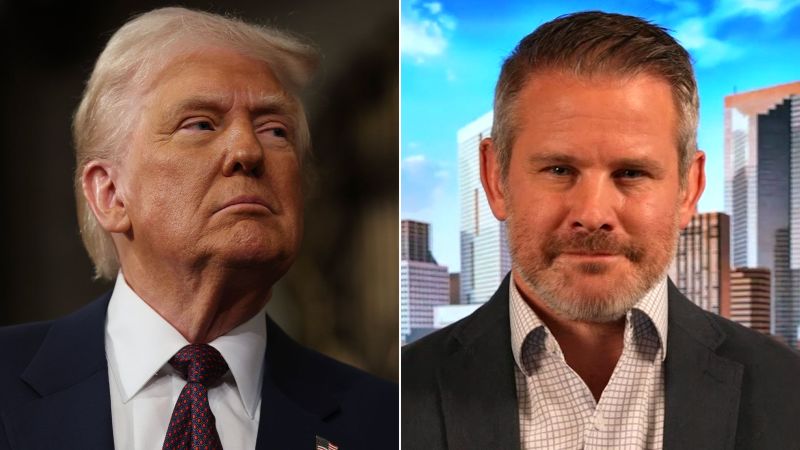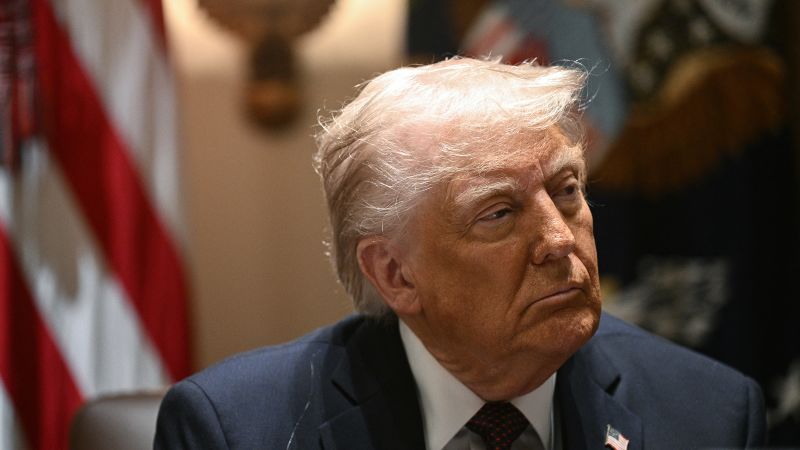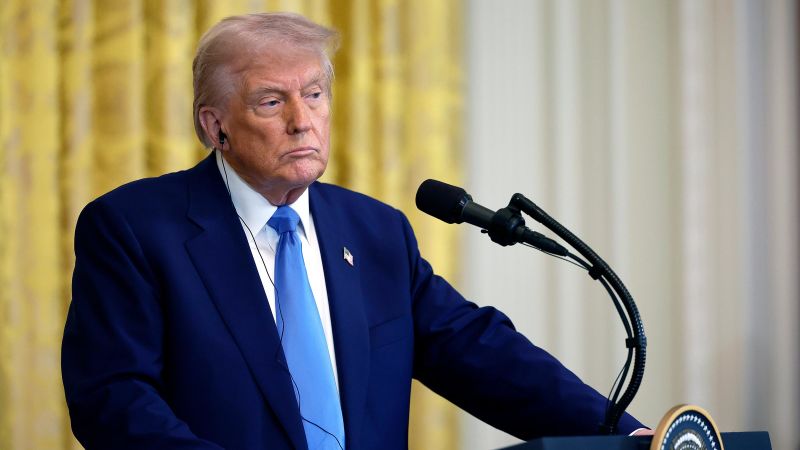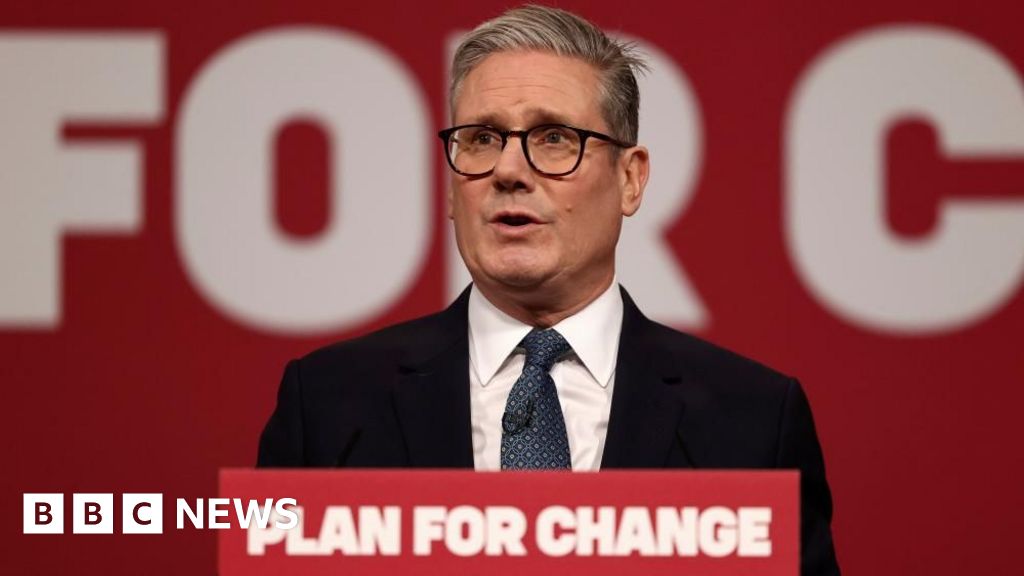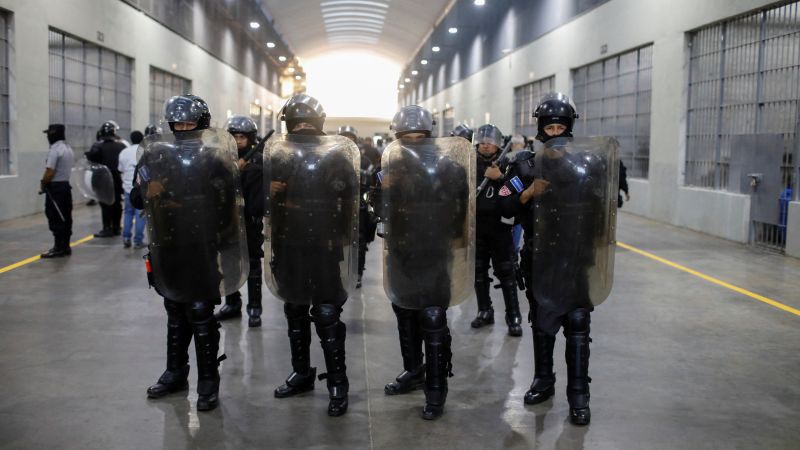Reality TV Meets Oval Office: Trump's Presidency Blurs the Lines Between Entertainment and Governance
Politics
2025-04-28 09:02:33Content
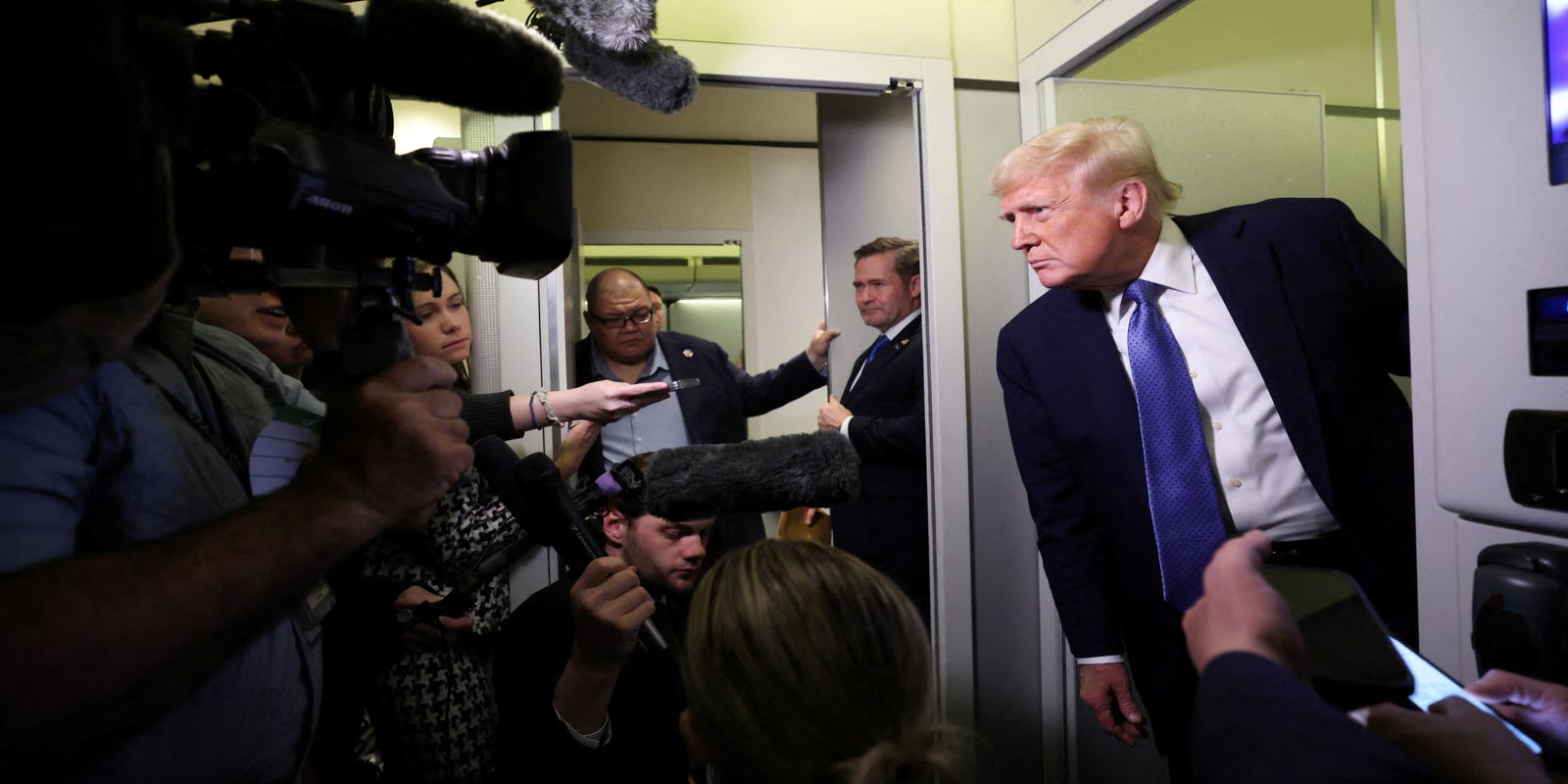
From Reality TV Showman to Commander-in-Chief: Trump's Unconventional Presidential Playbook
Donald Trump's journey from the glitzy world of reality television to the hallowed halls of the White House represents a remarkable transformation that has reshaped American political dynamics. The skills he meticulously cultivated during his tenure on "The Apprentice" have seamlessly translated into his unique approach to presidential leadership.
As the star of a show that celebrated cutthroat business strategies and dramatic confrontations, Trump developed a distinctive communication style that would later become his political trademark. His ability to command attention, create controversy, and maintain a constant media presence—hallmarks of his reality TV persona—became powerful tools in his political arsenal.
The theatrical flair that made him a television sensation now drives his political performances. Where traditional politicians might rely on measured diplomacy, Trump leverages the dramatic techniques he perfected on screen: bold pronouncements, unexpected plot twists, and a knack for keeping both supporters and critics perpetually engaged.
His reality show background taught him the art of personal branding and audience manipulation—skills he has adeptly applied to national politics. Each press conference, tweet, and public appearance is carefully choreographed to maximize impact and generate ongoing narrative momentum.
Trump's presidency demonstrates how the boundaries between entertainment and governance have become increasingly blurred, with his reality TV experience serving as an unconventional yet effective political training ground.
From Reality TV Persona to Political Powerhouse: The Transformative Journey of Donald Trump
In the intricate landscape of American politics, few figures have navigated the complex terrain between entertainment and governance as dramatically as Donald Trump. His unprecedented trajectory from television personality to the highest political office in the United States represents a remarkable case study of personal branding, media manipulation, and political disruption.The Masterclass in Personal Reinvention and Political Strategy
Television as a Political Launching Pad
Donald Trump's metamorphosis from a flamboyant reality television icon to a political provocateur is a testament to his extraordinary ability to leverage media platforms. "The Apprentice" wasn't merely a television show; it was a carefully orchestrated personal branding machine that transformed Trump into a larger-than-life persona of success, decisiveness, and unapologetic entrepreneurial spirit. During his tenure on the show, Trump cultivated an image of ruthless business acumen, delivering memorable catchphrases like "You're fired!" that resonated with audiences nationwide. This carefully crafted public persona became the foundation for his political narrative, presenting himself as a no-nonsense leader capable of making tough decisions and challenging established political norms.Media Manipulation and Political Communication
Trump's mastery of media dynamics distinguished him from traditional politicians. He understood the power of spectacle, controversy, and constant media attention. His communication strategy defied conventional political wisdom, utilizing social media platforms, particularly Twitter, to bypass traditional news channels and speak directly to his base. By generating continuous headlines through provocative statements and unconventional behavior, Trump maintained an unprecedented level of media visibility. This strategy, honed during his reality TV years, allowed him to control narrative cycles and maintain public interest in a way no previous presidential candidate had accomplished.Psychological Tactics from Entertainment to Politics
The psychological techniques Trump developed in reality television translated remarkably well into political campaigning. His ability to create dramatic narratives, generate emotional responses, and maintain audience engagement became powerful political tools. He transformed political discourse into a form of entertainment, making complex policy discussions accessible and engaging to a broader audience. His campaign rallies resembled television productions, complete with theatrical elements, audience interaction, and carefully choreographed messaging. This approach broke traditional political communication models, creating a more immersive and emotionally charged political experience for supporters.Branding and Personal Narrative
Trump's success stemmed from his exceptional skill in personal branding. Just as "The Apprentice" sold a specific version of entrepreneurial success, his political campaign sold a narrative of national restoration and individual empowerment. He positioned himself as a political outsider capable of disrupting established systems, a message that resonated strongly with segments of the American electorate feeling marginalized by traditional political establishments. His background in entertainment provided him with unique communication skills: the ability to simplify complex issues, create memorable soundbites, and maintain audience attention. These skills, typically associated with successful media personalities, became powerful political assets.Challenging Political Communication Norms
Trump's approach fundamentally challenged existing political communication paradigms. Where traditional politicians relied on carefully crafted, diplomatic language, he embraced directness, controversy, and emotional appeal. This strategy, while polarizing, effectively broke through political communication barriers and engaged audiences who felt disconnected from conventional political discourse. His transition from entertainment to politics demonstrated how media skills could be strategically repurposed to achieve political objectives, blurring the lines between entertainment, personal branding, and political leadership.RELATED NEWS
Politics
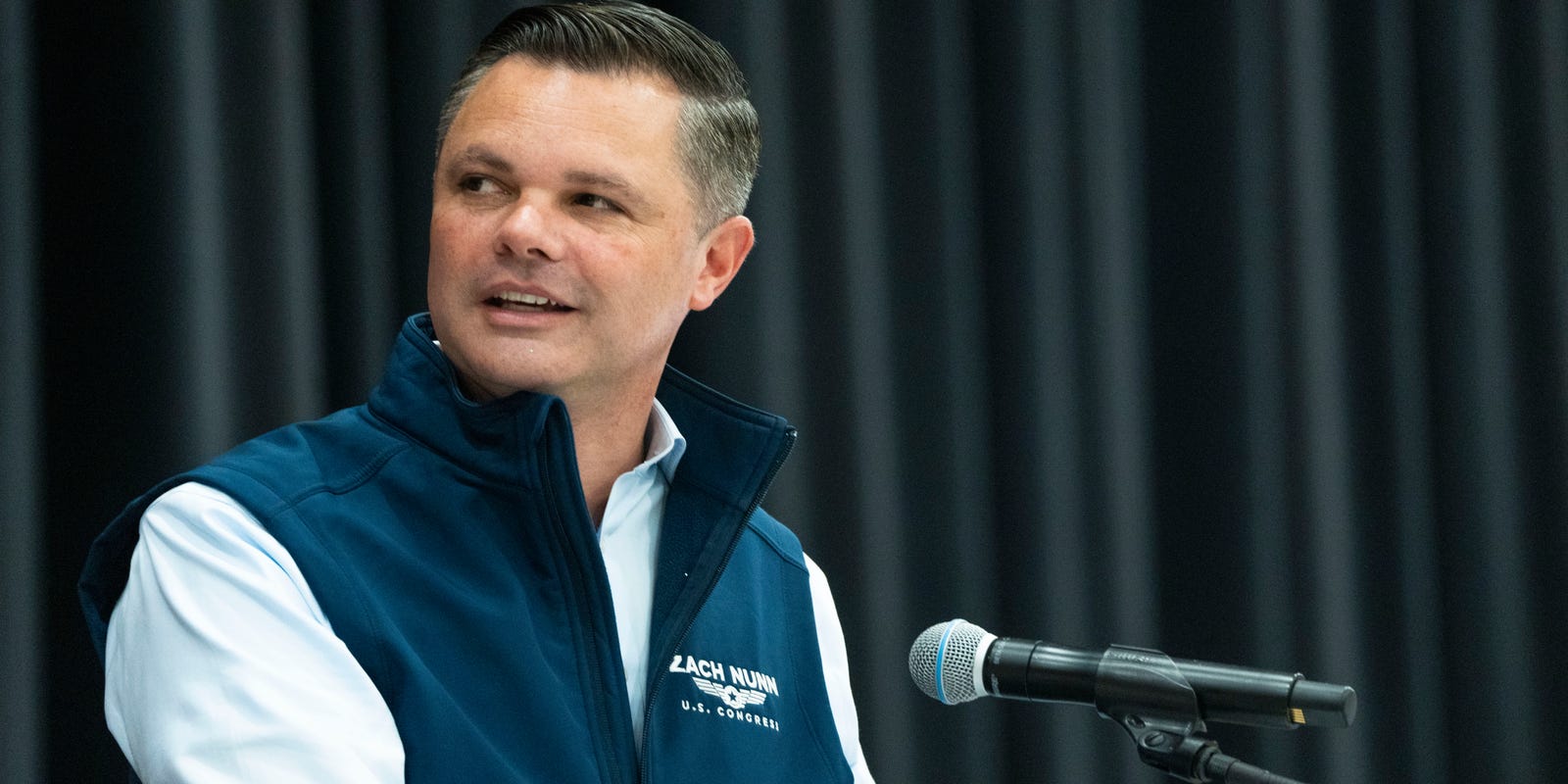
Breaking: Zach Nunn Opts Out of Iowa Governor's Race, Signals Political Shift
2025-05-02 13:07:32
Politics
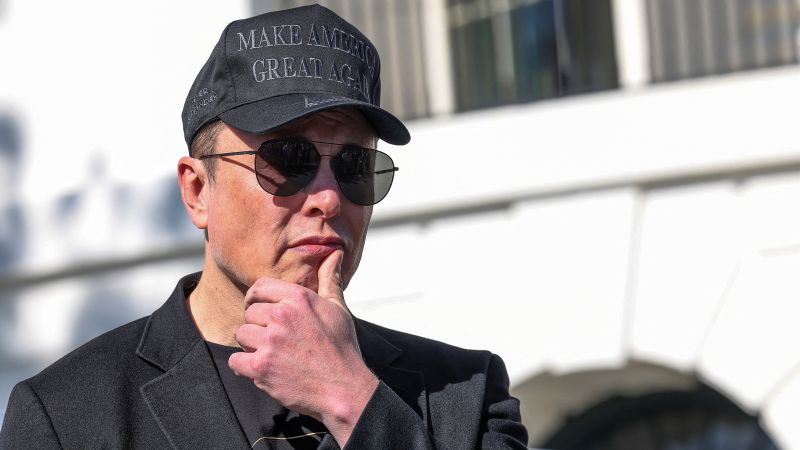
Social Security Under Siege: Musk's Radical Conspiracy Theory Sparks Nationwide Debate
2025-03-13 21:23:41
